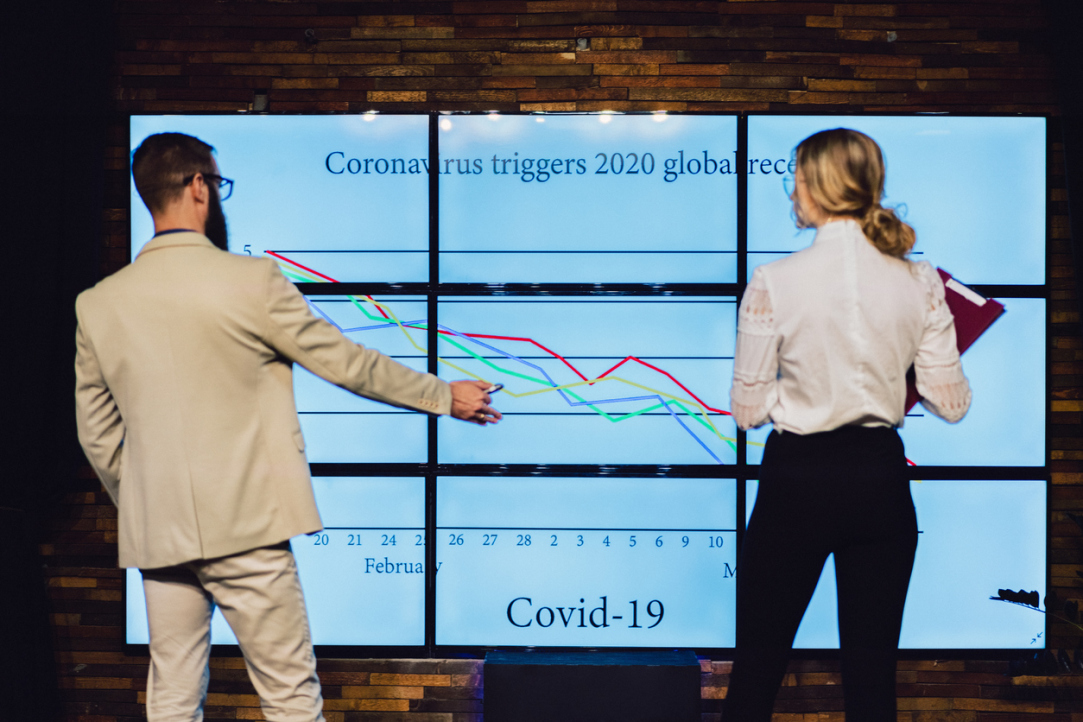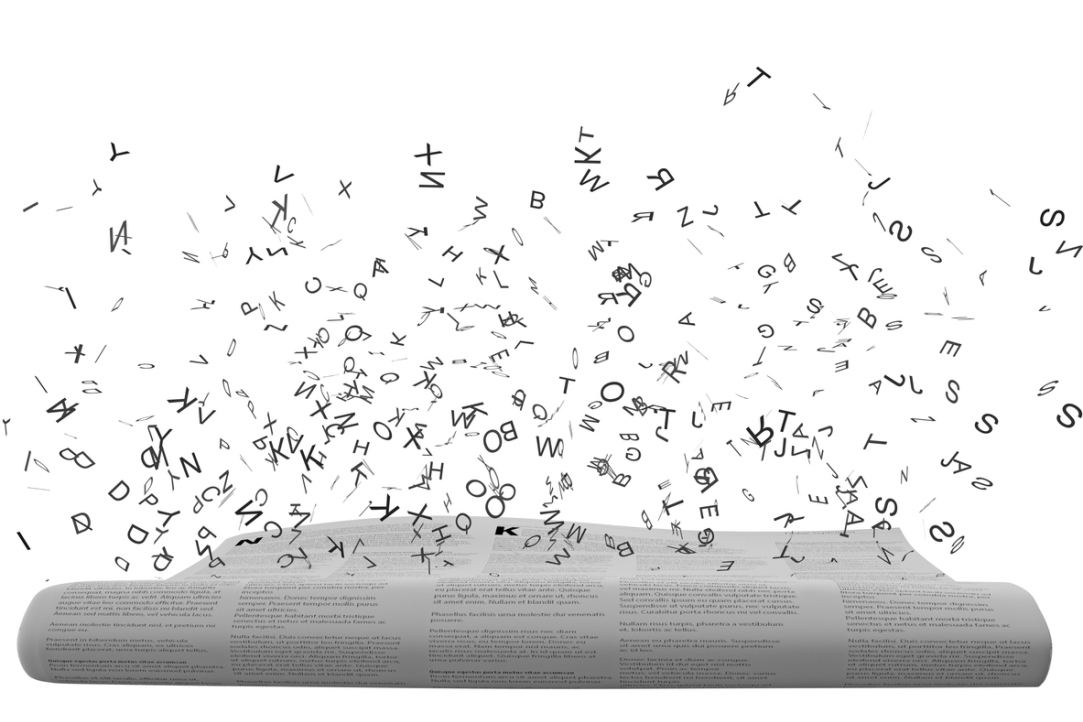
Russian Men Left Without ‘Fatherhood Wage Premium’
Not much is known about fathers on the Russian labour market. It has often been claimed that they earn more than their childless peers. However, new research states that there is no such ‘premium’ for being a father in Russia. Nevertheless, men with kids still have higher salaries.

RAS Institute of Ethnology and Anthropology and Three Universities to Open Top-Notch Centre for Interdisciplinary Human Development Research
HSE University, together with the Russian Presidential Academy of National Economy and Public Administration, MGIMO, and the RAS Institute of Ethnology and Anthropology, received a grant for their proposed world-class research centre as part of Russia’s National Project for Science. It is the first time the national project has awarded a research centre proposal in the humanities and social sciences.

Student Research Paper Competition 2020 Accepting Submissions
Any student or 2020 graduate of a Russian or international university is eligible to take part in the Student Research Paper Competition. Papers can be submitted from September 1 to October 15. The competition has been held at HSE University since 2003.
.jpg)
Russian Scientists Predicted Increased Unrest in the United States back in 2010
Beginning in May 2020, after the police killing of George Floyd, ‘Black Lives Matter’ demonstrations and riots engulfed the United States, the United Kingdom, and several European countries. Though Mr. Floyd’s killing served as the immediate catalyst for the unrest, many scholars suggest that the COVID-19 pandemic and the resulting economic crisis played a deeper, more pivotal role in creating conditions that led to the protests.

New Inequality, Environmental Impact and Other Consequences of the Coronavirus Pandemic: III ICEF Conference on Applied Economics Focuses on COVID-19
This year, the ICEF Conference on Applied Economics will be held online for the first time ever. On September 12, experts from around the world will discuss the impact of the coronavirus pandemic on the global economy. The HSE News Services describes the papers that will be presented and why the organizers decided to devote this event to COVID-19.

Digital Dissidents: About 16% of Russians Are Reluctant to Use the Internet
Almost 77% of households in Russia have access to the Internet. This is not an outstanding result compared to other countries—for instance, in South Korea, 99% of families have access to the Internet. Russia's lag is caused not by technical problems with connectivity, but by the reluctance of 16.3% of households to go online. This is stated in the digest Digital Economy Indicators :2020, released by the HSE Institute for Statistical Studies and Economics of Knowledge.

Quantifying the Power of the Word: HSE Students and Scholars to Study Poetic Texts Using Computer Methods
The Faculty of Humanities is switching to project-based research and teaching, which includes many new collaborative research endeavours. Professor Evgeny Kazartsev, who recently became the head of the HSE School of Philological Studies, told the HSE News Service about Computer Methods for Literary Textual Analysis project.

Millennials Are Major Drivers of Sharing Economy
The sharing economy involves shared use of assets and services. This means that users do not need to purchase or own them outright. Assets can be exchanged, borrowed or leased. But not everyone is ready for this model. What factors determine whether or not someone is willing to participate in the sharing economy?

Running at a Deficit: How the Lockdown Affected the Global Economy and What to Expect in the Short Term
Countries across the world announced support measures in the amount of USD 11 trillion to pull the economy out of the crisis caused by the pandemic and lockdown. Such hefty money injections into the economy will promote GDP recovery but at the same time may raise the spectre of growing public debt. Sergey Pukhov, the lead expert of HSE Centre of Development Institute, talked to the portal's News Service about the matter in question.

Why Are 'Garbage' Publications Dangerous and How to Deal with Them
The Commission on Counteracting Falsification of Scientific Research of the Russian Academy of Sciences (RAS) has published a report, ‘Foreign Predatory Journals in Scopus and WoS: Plagiarism by Translation and Unprincipled Russian Authors.’ HSE Vice Rector Maria Yudkevich discusses the main findings of the report and suggests possible measures to prevent violations of scholarly ethics by university staff.


Application deadline: June 23, 2025